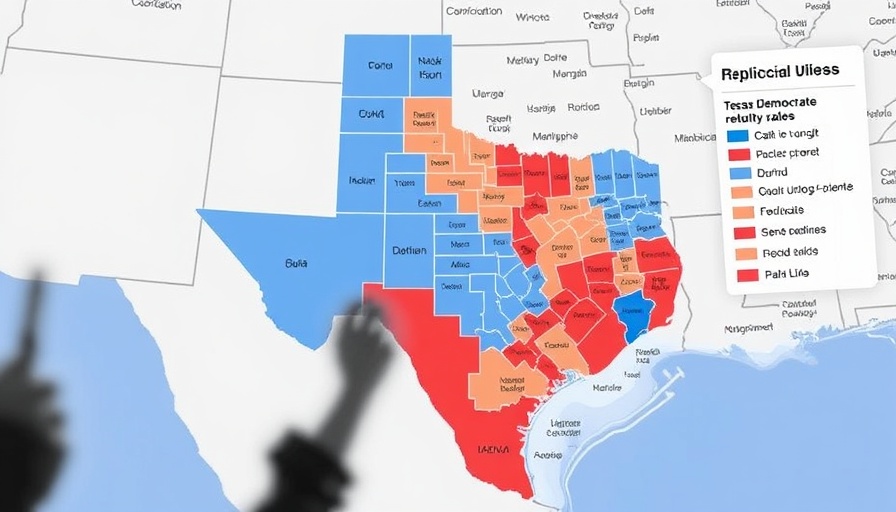
Protests Erupt as National Guard is Deployed in Texas
This weekend marks a significant moment in the ongoing dispute over immigration in the United States, as protests against immigration raids are expected to swell across the nation. Texas Gov. Greg Abbott has deployed National Guard troops in response to these protests, forming part of a broader federal strategy to manage civil unrest. As cities brace for demonstrations, many Americans are preparing to voice their opposition to what they see as authoritarian policies under the Trump administration.
Understanding the “No Kings” Movement
The protests are organized under the banner of the “No Kings” movement, an initiative that seeks to promote democracy by rallying citizens against the perceived overreach of governmental authority. This national movement is likened to an empowerment tool for everyday Americans who feel disenfranchised. Events labeled as “No Kings Day of Defiance” are intended to resonate across 50 states and signify unity against what activists argue is the militarization of democracy.
Local vs. National: A Look Inside the Protests
With nearly 2,000 protests planned nationwide, including many in Texas cities like Dallas, Austin, and Houston, the movement is focusing on both urban and rural areas to maximize participation. Factors contributing to this surge in activism include the administration's strong stance on federal immigration enforcement, which has resulted in high-profile raids and deportations. Activist groups have taken to social media to encourage wider participation, using local hashtags to draw attention to the issues at hand and mobilize supporters.
Reactions from Law Enforcement and Government Officials
While many demonstrations have been peaceful, tensions have flared in various locations. In Dallas, law enforcement has occasionally clashed with demonstrators, resulting in several confrontations where police deployed tear gas to disperse crowds. As a preventative measure, city officials have established curfews in places like Spokane and Los Angeles, reflecting the fear of escalating unrest. This influx of public dissent has prompted additional support from state police and National Guard units to ensure safety and maintain order.
Managing the Uncertainty Ahead
As protests take shape, it is evident that this weekend's actions reflect a broader social sentiment towards the current administration's policies. Supporters of the movement hope to underscore the human impact of immigration policies while lawmakers remain focused on enforcement. Each state’s response, particularly in a border state like Texas, may shape national conversations and potential policy, proving once again the power of civic engagement.
Looking Forward: Predictions and Opportunities
The current climate indicates that protests might not cease immediately. Activists plan to continue this push against perceived authoritarianism, signaling a shift in the political landscape as civic engagement grows among the populace. Future mobilization efforts may lead to significant shifts in public policy, as lawmakers will have to address the underlying issues raised by thousands of concerned citizens.
Conclusion: The Importance of Civic Engagement
As citizens participate in these protests, they reinforce the notion that democracy thrives on contribution and dissent. Being informed about the ongoing situation is crucial for understanding the implications of such movements on local and national policies. Civic engagement is not just about protest; it is about fostering a sustained dialogue across all levels of government. Therefore, staying updated on the developments and understanding diverse perspectives contribute to a more informed populace.
 Add Row
Add Row  Add
Add 




Write A Comment